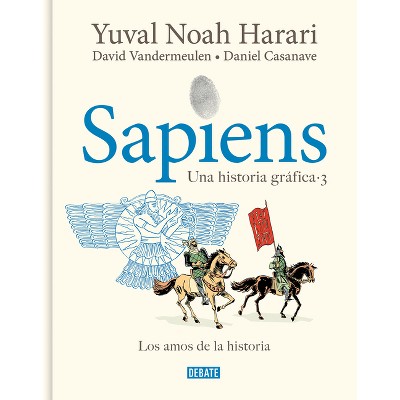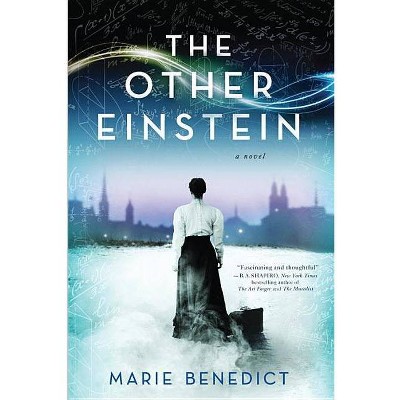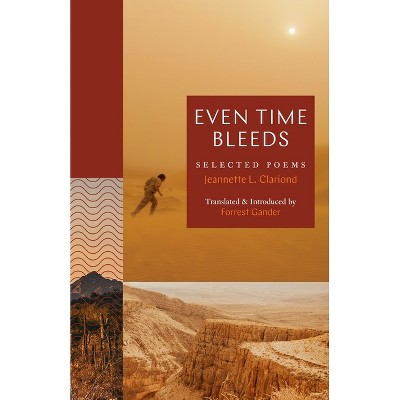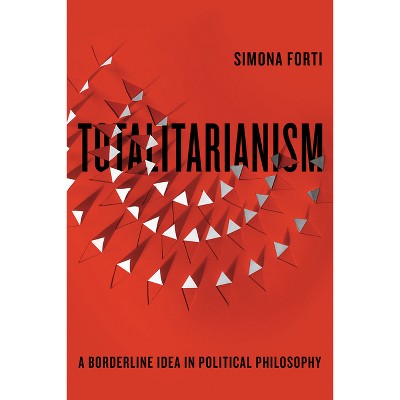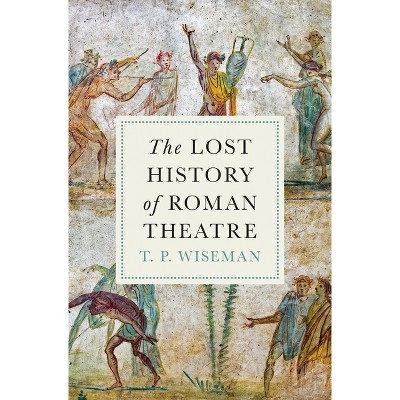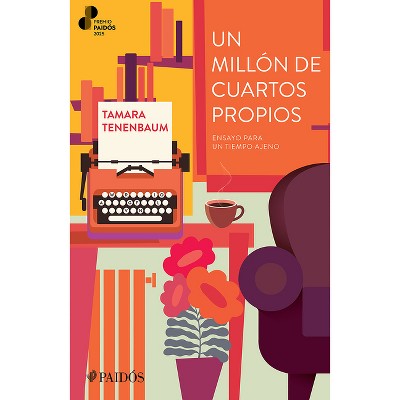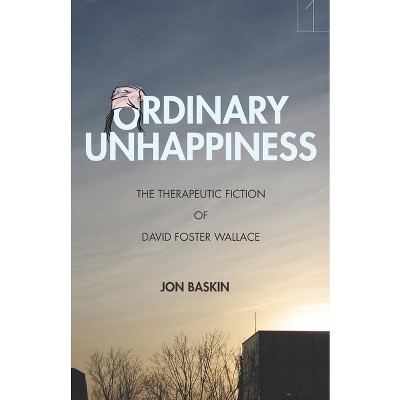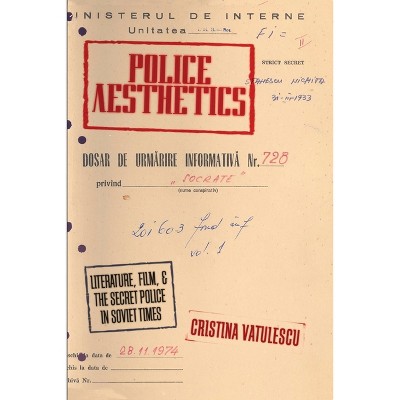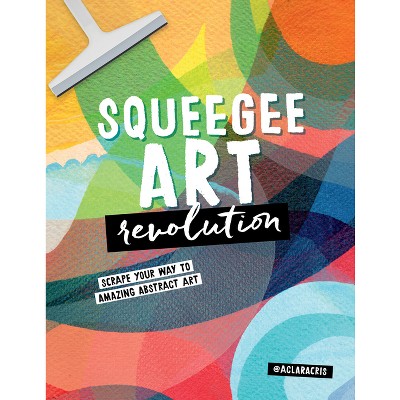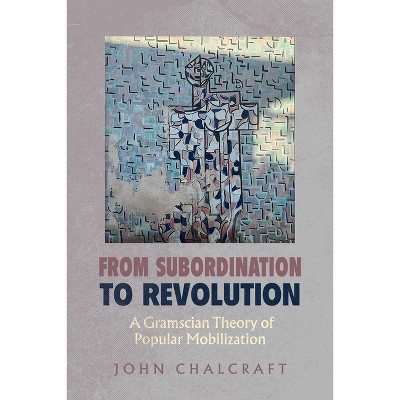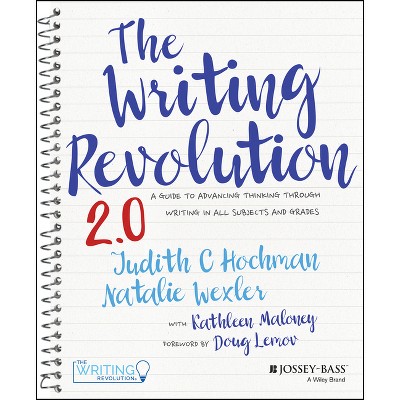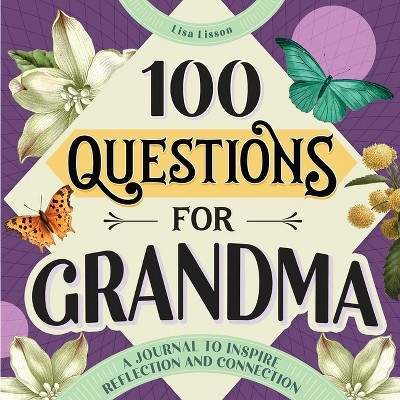Sponsored

Reading the Archival Revolution - (Square One: First-Order Questions in the Humanities) by Cristina Vatulescu
In Stock
Sponsored
About this item
Highlights
- The opening of classified documents from the Soviet era has been dubbed the "archival revolution" due to its unprecedented scale, drama, and impact.
- About the Author: Cristina Vatulescu is Associate Professor, Department of Comparative Literature, New York University and the author of Police Aesthetics: Literature, Film, and the Secret Police Archives in Soviet Times (Stanford, 2010).
- 312 Pages
- Literary Criticism,
- Series Name: Square One: First-Order Questions in the Humanities
Description
About the Book
"The opening of classified documents from the Soviet era has been dubbed the "archival revolution" due to its unprecedented scale, drama, and impact. With a storyteller's sensibility, Cristina Vatulescu identifies and takes on the main challenges of reading in these archives. This transnational study foregrounds peripheral Eastern European perspectives and the ethical stakes of archival research. In so doing, it contributes to the urgent task of decolonizing the field of Eastern European and Russian studies at this critical moment in the region's history. Drawing on diverse work ranging from Mikhail Bakhtin to Tina Campt, the book enters into broader conversations about the limits and potential of reading documents, fictions, and one another. Pairing one key reading challenge with a particularly arresting story, Vatulescu in turn investigates Michel Foucault's traces in Polish secret police archives; tackles the files, reenactment film, and photo albums of a socialist bank heist; pits autofiction against disinformation in the secret police files of Nobel Prize laureate Herta Mèuller; and takes on the digital remediation of Soviet-era archives by analyzing contested translations of the Iron Curtain trope from its 1946 origins to the current war in Ukraine. The result is a bona fide reader's guide to Eastern Europe's ongoing archival revolution"--Book Synopsis
The opening of classified documents from the Soviet era has been dubbed the "archival revolution" due to its unprecedented scale, drama, and impact. With a storyteller's sensibility, Cristina Vatulescu identifies and takes on the main challenges of reading in these archives.
This transnational study foregrounds peripheral Eastern European perspectives and the ethical stakes of archival research. In so doing, it contributes to the urgent task of decolonizing the field of Eastern European and Russian studies at this critical moment in the region's history. Drawing on diverse work ranging from Mikhail Bakhtin to Tina Campt, the book enters into broader conversations about the limits and potential of reading documents, fictions, and one another. Pairing one key reading challenge with a particularly arresting story, Vatulescu in turn investigates Michel Foucault's traces in Polish secret police archives; tackles the files, reenactment film, and photo albums of a socialist bank heist; pits autofiction against disinformation in the secret police files of Nobel Prize laureate Herta Müller; and takes on the digital remediation of Soviet-era archives by analyzing contested translations of the Iron Curtain trope from its 1946 origins to the current war in Ukraine. The result is a bona fide reader's guide to Eastern Europe's ongoing archival revolution.
Review Quotes
"Vatulescu has given the archival profession a beautiful, incisive reflection on archival reading." --Christopher M. Laico, Archeion
"[Vatulescu's] book is a triumph. Crucial reading for archivists, information professionals, and researchers alike. Essential." --B. J. Nieubuurt, CHOICE
"While secret service archives have traditionally been examined with the aim of disentangling the intentions of the state, Vatulescu argues that these very documents reveal various forms of opposition, sovereignty, and even agency among those under surveillance." --Olena Palko, H-Soz-Kult
"Reading the Archival Revolution is unique, rich, and absorbing. Vatulescu's methodology is striking, with lessons reaching beyond police states, and her strategy is creative and generative." --Ann Stoler, The New School
"A powerful reflection on the work--and the ethics--of reading and writing. In warm, confident, at times wryly funny prose, Vatulescu invites the reader to reflect not just on how they read, but on who they are when they read." --Alice Lovejoy, University of Minnesota
About the Author
Cristina Vatulescu is Associate Professor, Department of Comparative Literature, New York University and the author of Police Aesthetics: Literature, Film, and the Secret Police Archives in Soviet Times (Stanford, 2010).Shipping details
Return details
Frequently bought together
Trending Books for all Ages



